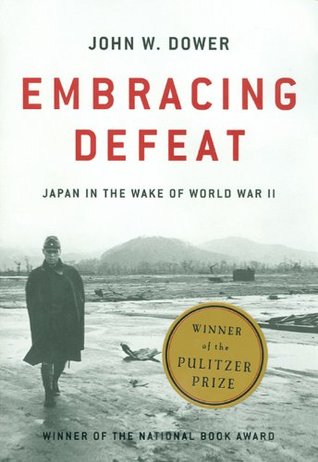The emperor’s lack of self-reflection concerning the war emerged in a rare short letter he wrote on September 9 to his eldest son, the crown prince Akihito, then twelve years old. It might have been expected that such a communication at such a time would have been philosophical as well as practical. There was precedent for such reflection in traditional Japanese writings, but this was not the emperor’s métier. His letter to his son was cryptic and dry. It concerned, just as most official sermonizing then did, not the war itself but rather “the reasons for defeat.” In this most private of
...more
Welcome back. Just a moment while we sign you in to your Goodreads account.


